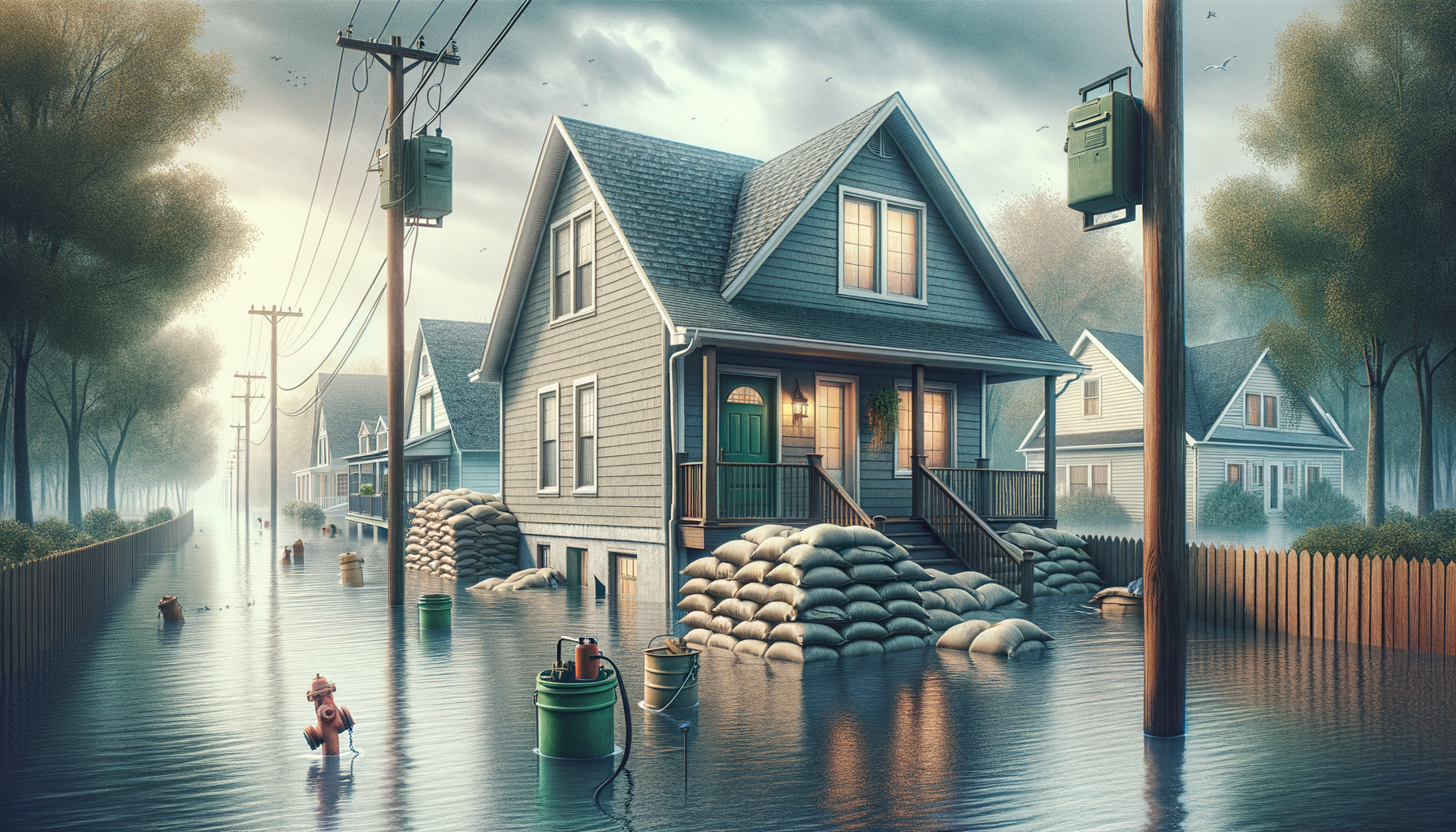How to Discover if Your Home Is in a Flood Zone and What It Means for You

Understanding whether your property is situated in a flood zone is crucial for homeowners, as it can significantly affect insurance rates, property values, and even safety. Recognizing the warning signs and understanding how flood zones are designated can help you plan better.
First, it’s important to comprehend what a flood zone actually is. Flood zones are geographical areas defined by the likelihood of flooding, which is often based on historical, statistical data regarding rainfall patterns, geography, and topography. These areas are mapped by the Federal Emergency Management Agency (FEMA) in the United States, which categorizes regions into different zones to assess flood risk levels. A property’s location within these zones can influence the requirement for flood insurance and impact marketability.
To determine if your property lies within a flood zone, you can begin by assessing FEMA’s Flood Insurance Rate Maps (FIRMs). These maps provide a wealth of information, showing the severity of flood risk in your area. A search through FEMA’s online portal can reveal which zone your property is classified under. High-risk areas, for instance, are labeled as Special Flood Hazard Areas (SFHAs) and typically require homeowners to obtain flood insurance if the property is mortgaged through a federally regulated or insured lender.
In addition to FEMA maps, you may consult state or local government resources or hire a professional surveyor who can provide detailed flood elevation certificates. These certificates offer precise elevation data that can influence flood insurance premiums and are often necessary for making any claims or adjustments to your insurance policy.
If you discover your property is in a high-risk area, there’s no need for immediate alarm. Being informed allows for proactive measures. You can reduce potential damage by investing in flood-proofing measures like installing sump pumps, elevating electrical systems, or undertaking landscape adjustments to improve drainage. Additionally, understanding flood alerts and having a response plan can greatly reduce property damage and enhance safety during unexpected flooding events.
For those buying property, researching flood zones should be part of your due diligence process. Ask your real estate agent for flood disclosure forms and ensure you’re fully informed of the flood history and risk associated with your potential new home. In fact, knowing the flood zone status beforehand enables you to negotiate better terms or decide if additional flood insurance must be factored into your budget.
Overall, staying informed about your property’s flood zone status is not only a practical step in maintaining safety but also a strategic move for safeguarding long-term financial investments. Utilize available resources, both online and professional, to ensure your property is appropriately protected and that you are prepared for nature’s uncertainties.
